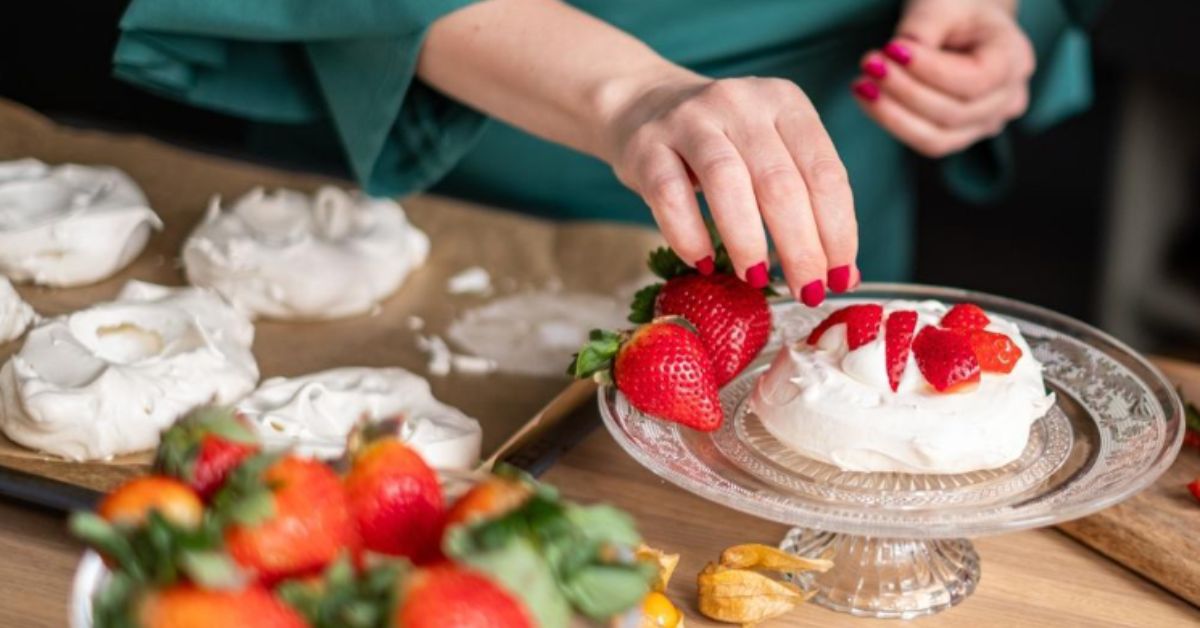Throughout history, cakes have played a significant role in many different civilisations. They represent the culture, history, and ideals of many civilisations while also being delicious delights. Celebrations, religious gatherings, and special anniversaries often include cakes, which contribute to their esteemed cultural legacy.
Cakes may represent cultural identities due to the fact that their origin stories are typically told via their ingredients, flavours, and ways of preparation. We can learn about the rituals and customs that make each country apart by tasting their cakes. As a sign of joy, cakes have grown in importance during milestone events such as weddings, anniversaries, and birthdays. As symbols of happiness, togetherness, and festivity, they unite people. Therefore it is customary to order cake online Dubai or any other part of the world as an ode to celebration.
Cakes are a universal symbol of-
-appreciation,
-affection, and
-well-wishes,
And their make as a practice varies from one place to another.
Sharing a cake with others is a friendly custom in many cultures. It also represents the importance of building relationships and showing compassion.
Cake Ingredients and Their Cultural Significance
Cake components frequently represent a culture’s beliefs, customs, and resources via their symbolic connotations.
A Cultural Perspective on Spices
Cakes may benefit from the taste that spices provide, and those spices can also have cultural significance.
Everyone loves cinnamon buns in Scandinavia and apple pie in the United States. Also, in UAE, cinnamon is a flavour that brings people together. In many cultures, it represents joy and prosperity, and it is a cause for celebration. It stands for the coming together of loved ones, and you can easily do that with your order cake online Dubai.
Sweet dishes, such as custards and pies, often use nutmeg, a spice often associated with pleasure and opulence. Because of the richness and joyful spirit it imparts, it is an important ingredient in European Christmas baking customs.
Pride in Culture and Local Ingredients
A great approach to honour the local climate and resources is to bake a cake that uses-
-fruits,
-nuts, and
-other ingredients that are native to the area.
The – candied fruits, nuts, and spices – used in the traditional Italian Christmas cake panettone pay homage to the fertile soils of the area. Sharing panettone during Christmas is a common practice in Italy, and its rich aromas are a symbol of celebration.
Cakes are more than just a treat. Their ingredients and practices provide insight into the culture and beliefs of their origin.
Cakes: An Important Part of Religious and Cultural Celebrations
The visual and culinary significance of cakes as symbols of traditions and beliefs makes them an essential component of religious and festival festivities. In doing so, they bring people together and foster a stronger sense of cultural and ancestral identity. Celebration cakes are a common sight at religious and cultural gatherings all around the globe.
Celebration of the Chinese Mid-Autumn Season
Every year, during the Mid-Autumn Festival in China, which is held around August or September, mooncakes are an essential part of the celebration. At its core, this festival is about family unity, plenty, and renewal. Mooncakes, with their delicate crust and tasty fillings like lotus or red bean paste, often display symbolic designs that reflect these concepts.
Day of the Redeemer in Mexico
Mexico celebrates Día de Reyes – also known as Three Kings’ Day – on January 6th with the – unusual ring-shaped sweet bread – Rosca de Reyes. This fruit-decorated dessert commemorates the three wise men’s entrance at the nativity scene. People think that discovering the little figurine of baby Jesus hidden within would bring them good fortune for the following year.
The Holi Celebration in India
Cakes and sweets play a significant role in the Hindu festival of colours. Flaky gujiya pastry is filled with-
-jaggery,
-coconut, and
sweet almonds.
With the ongoing cheerful celebration of spring and the triumph of good over evil. This delicious delicacy is the ideal complement.
Wedding Cakes for Christians
Christian wedding cakes also have an important symbolic role, representing the couple’s innocence and the benefits they will receive. The custom of stacking sweet buns for the bride and groom to kiss over, representing togetherness and wealth, has its roots in 16th-century England and the origins of traditional tiered wedding cakes adorned with white icing.
Observance of the Islamic Fasting Month
As Ramadan draws to a close and Eid al-Fitr approaches, people celebrate with spectacular feasts and joyous gatherings. The Middle East is the birthplace of several desserts – including Konafa. One of its most beloved components is the-
-sugar syrup that steeps shredded pastry
-packed with cheese or cream.
As the holy month of fasting draws to a close, celebrate the end of the fast with this delicious dessert.
Beyond their delicious flavour, cakes in various traditions represent the – universality of pleasure, unity, and celebration.
ALSO READ: The Secret to Perfectly Crispy Perogies Every Time



